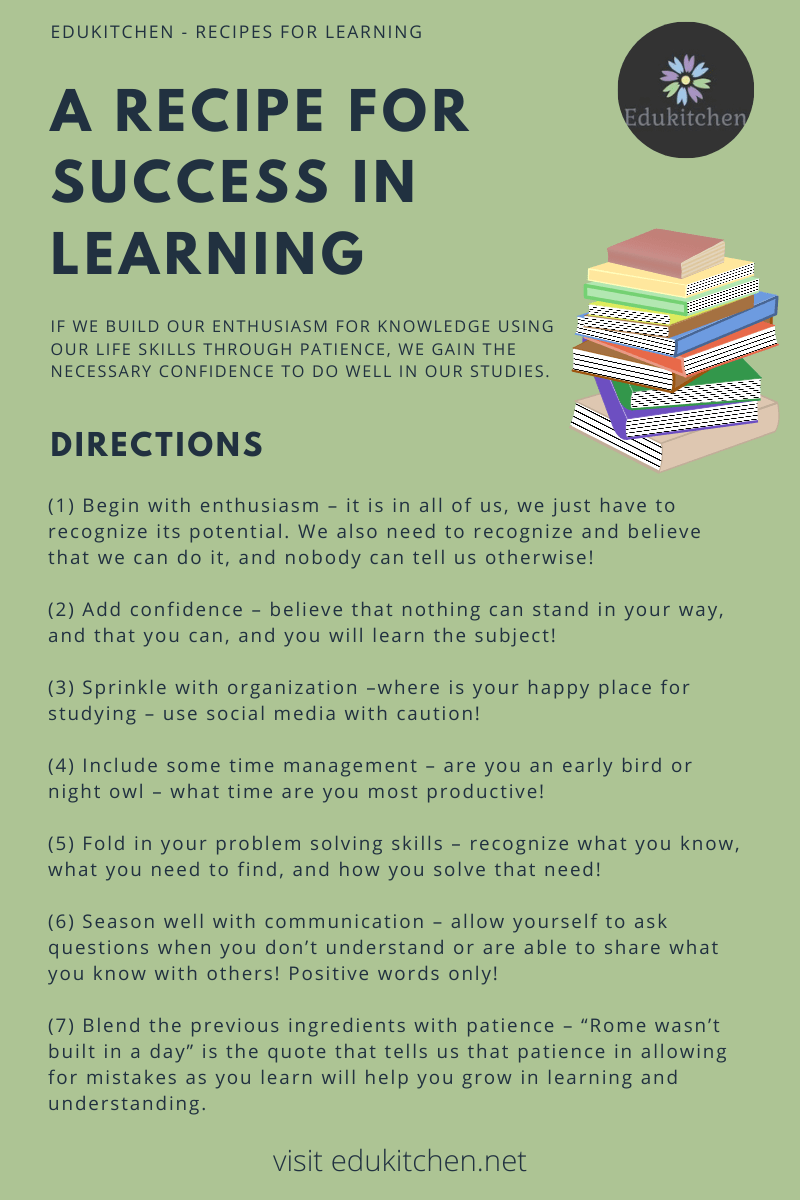In this article entitled, The Influence of Parents on Education Policy we explore the critical role parents play in shaping the policies that define educational systems. As primary stakeholders in their children’s education, parents bring valuable insights and perspectives to discussions on curriculum design, school standards, and resource allocation.

Their advocacy has led to significant reforms, from increased school choice to the implementation of programs that address diverse learning needs. This article examines how parental involvement influences decision-making processes in education and highlights the growing movement for parents to have a voice in shaping the future of learning.
Education policy encompasses the rules, regulations, and guidelines that shape how students learn, including those in a homeschool setting. For homeschooling families, education policy often involves understanding state or national requirements regarding curriculum, assessments, record-keeping, and instruction time.
These policies ensure that homeschooled students receive an education that meets or exceeds established standards. While traditional classrooms may face broader policy mandates, homeschool environments allow for more flexibility, giving parents the freedom to adapt teaching to their child’s needs while remaining compliant with legal expectations.
Understanding education policy empowers homeschooling families to confidently balance customization with accountability.
In the changing landscape of education, the homeschool classroom has emerged as a space where education policy and practices directly impact the learning experiences of students.
The Influence of Parents on Education Policy
As the educational landscape continues to evolve, five critical topics have come to the forefront, shaping the way homeschooling is approached and regulated.

In this article, we highlight these “hot topics” that play a significant role in influencing education policies and parents as teachers in the homeschool setting.
From teaching online to lesson planning these topics underscore the intersection between homeschooling and broader educational policies, influencing the educational journey of countless students learning from the comfort of their homes.
Some of the topics covered in this article include;
- Teaching Online
- Differentiation in the classroom
- Teacher – Student Relationships
- Classroom Management
- Lesson Planning
Click on the video link below to watch our first policy in education when it comes to teaching in the 21st century.
At the end of this article you can sign up to receive our FREE teachers guide for building success in the online classroom.
Homeschool Education and Journaling
Looking for a good source to write down ideas for current or future lesson plans? Look no further than promptly journals! Consider visiting promptly journals to view their wide selection of journals for every situation! Click here to view and choose from among their wide variety of journal types.

Feel free to share your thoughts in our comments section on homeschool teaching, whether you have been teaching for 1 year or for 30 more, we would love to hear from you!
Before we get into our thoughts educational policy on teaching, click on the image below watch our video on the topic of teacher identities in the online classroom, and how teachers can recognize challenges to their identities, and therefore build their efficacy in the classroom.
Educational Policy and Homeschooling Parents
In the changing world of education, parents play an important role as the bridge between evolving educational policies and the day-to-day learning experiences of their children.
This connection is dynamic, as parents stuggle with the impact of policies that shape curriculum choices, assessment methods, and the overall educational environment.
Parents are integral partners in the implementation and evolution of educational policies.
This vital relationship underscores the crucial need for effective communication and collaboration between policymakers and parents to ensure a harmonious and enriching educational journey for every student.

How Can Homeschooling Parents Benefit From Sharing Experiences?
When parents share teaching experiences, they can take away from it many lessons such as; what to do or what not to do if we come across a similar situation.
It also brings a sense of togetherness when we describe situations and emotions that we feel in such situations, and most importantly that we are not alone in feeling such emotions!

This helps to bring about healthy minds and allow parents as teachers to become more mindful when it comes to their emotional needs as well as the needs of their children.
Now on to the topics we think parents as teachers can relate to!
We have much more topics on teaching on our teachers blog.
I. Teaching Online
It must be said that anyone who thinks teaching online is comparable to the traditional classroom is (a) not a teacher, and (b) has never been asked to teach online.
That being said, those of us who have experienced being thrown in the deep end with transitioning to teaching online and survived to talk (and blog about it) can safely say that this environment for teaching and learning can be beneficial if used correctly.
Stay positive! It’s not the environment that has been difficult, it has been the fact that it was such a quick transition to this environment that has caused the angst. Read that again.
When teachers become comfortable teaching in any new environment, their belief in their abilities returns and students reap the benefits their teacher brings to the class.
Click here to read our recommended tips for teaching strategies for the online classroom
II. Differentiation in the Classroom
This is what teachers need to remember when it seems like everything is against them.
Small changes in education began with how the school system values its teachers. Teachers plant seeds in students when it comes to valuing their learning. This means teachers form invaluable impressions on their students. Let us then value all teachers do to help students reach their educational goals.
The differences in student abilities with learning may seem overwhelming, but with certain approaches teachers may benefit all students.
Differentiation in teaching means that teachers set up different expectations for certain students in reaching their academic goals.
It may be simple in terms of showing level of understanding and how well students are able to demonstrate knowledge.
For example, certain students need to show 3 ways to demonstrate knowledge, while more advanced students are asked to show 5 ways to demonstrate knowledge.
Click here to read more from our educational blogs and how students to can help reach their educational goals.
III. Teacher – Student Relationshihps
Teacher – student relationships help benefit learning.
The nature of the relationship between teachers and students have lasting impacts on students for the rest of their lives.
All students can remember at least one teacher they liked in school and one teacher they absolutely did not like. The absolute reality therefore is that students don’t learn from those that they don’t like!
Teachers we can find the right balance between getting students to like us and sharing the knowledge they need to succeed by being transparent with students, admitting when you make a mistake, and by being able to find the right time to make an observation that gets everyone to smile and laugh.
After all, make someone laugh and you have a friend for life.
But, is it more important to get students to like you as a teacher than it is to impart valuable knowledge?
The answer is no, but it is knowing when to value one more than the other.
When it seems like the students need to have an emotional conversation, don’t overlook this opportunity to share knowledge!
For more strategies teachers can use to make the right connections to students in the classroom, read through our teacher blogs!
IV. Classroom Management
Classroom management is a team effort!
It doesn’t have to be the sole responsibility of the teacher! It is best to have the students involved in the management process.
This means have the students share their voice when it comes to routines, rewards, and consequences that all members in the class must abide by.
Teachers will find that when students are active participants in managing the class, things run much more smoothly, and it’s an opportunity to maximize teaching and learning so everyone wins.
Click to read our strategies for classroom management that will make teaching and learning easier for everyone!
V. Lesson Planning
Lesson plans are meant to be thrown out!
Wait…WHAT?
Just keep reading…
Is lesson planning worth the time it takes to make one come to fruition?
Absolutely! That’s because once we make the plans, we have the opportunity in class to throw it out (or tweak it) if a better opportunity comes along.
What do we mean as a better opportunity?
We mean a teachable moment that wasn’t part of your lesson plan!
Don’t let these moments pass you or your students by! These are sometimes the most valuable lessons during the school year.
Read our seven point checklist for making lesson planning easy and effective!
Related Topics
Explore more of our topics in homeschooling education by visiting the links below!
- 5 Classroom Management Strategies for Homeschooling
- How to Use Formative Assessments in the Homeschool Classroom
- 7 Tips for Homeschool Lesson Planning
- Six Summer Time Activities At Home Kids Will Love
- 5 Ways to Improve Physical Health in Kids At Home
Join Our Newsletter Community Today!

Final Thoughts…
One reason I founded EduKitchen was to share with fellow teachers my experience in the hopes that it makes things easier for other teahers.
It takes someone special to be a teacher because of what this career means to not only teachers, but to students and their parents.
The work we do outside the classroom means that teachers make these sacrifices to help make their students succeed.
Nowadays the Internet seems to show others that they can learn anything without the help of teachers, but in truth teachers bring much more than just information, they bring the belief in their students that they can accomplish anything they put their mind to!
Share Your Thoughts!
Teachers we would like to hear from you! Let us hear your thoughts on teaching and what things you recommend new teachers should come know about teaching! Leave us your thoughts in the comments below! Connect with us on social media!



